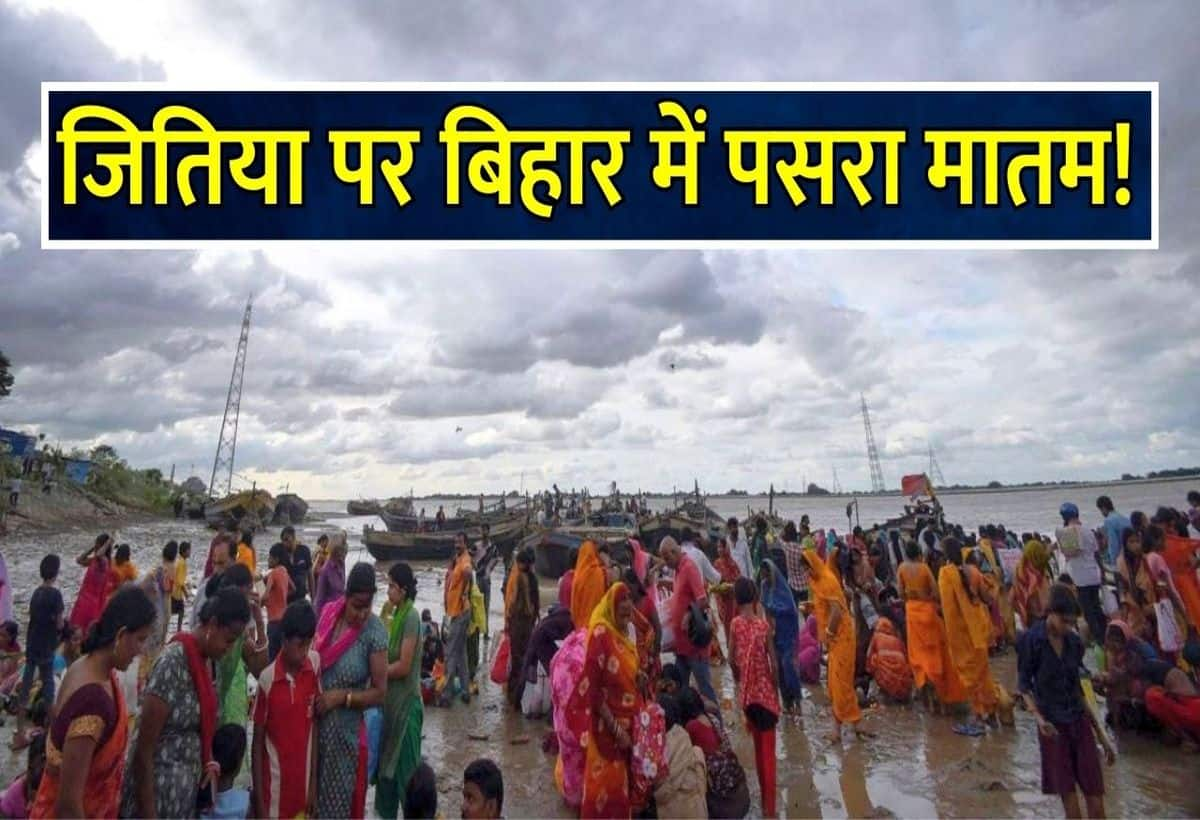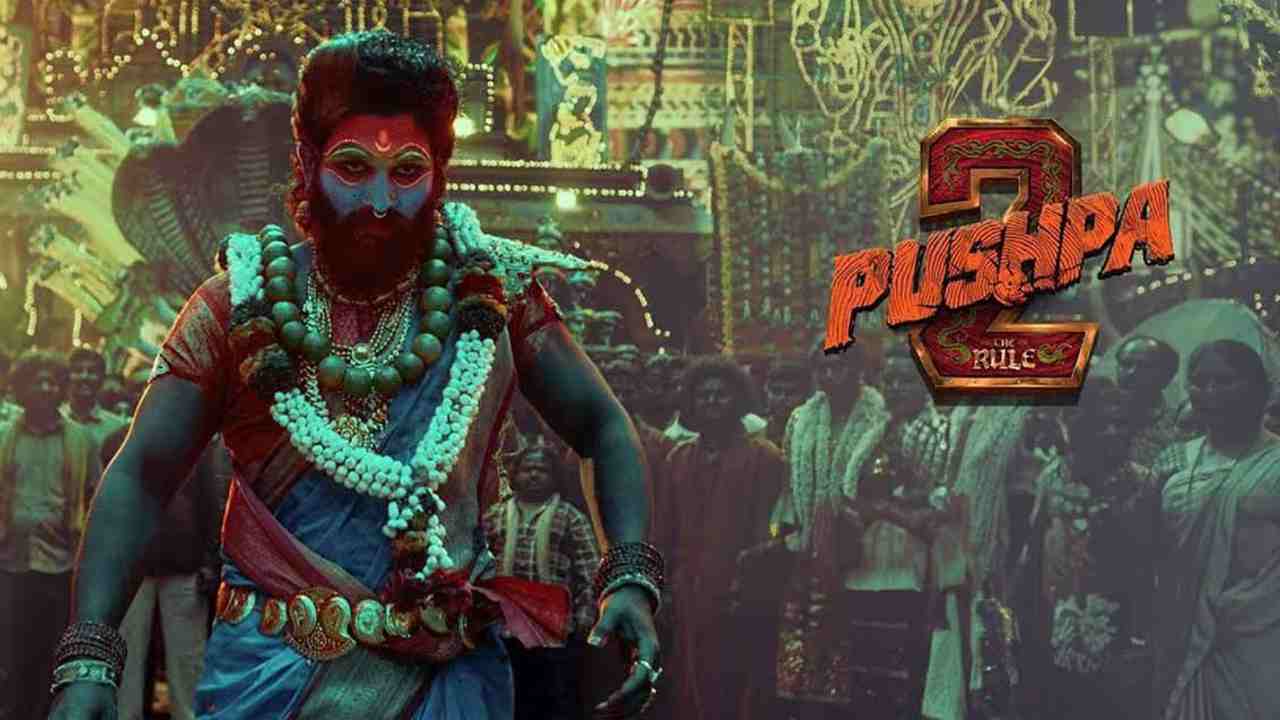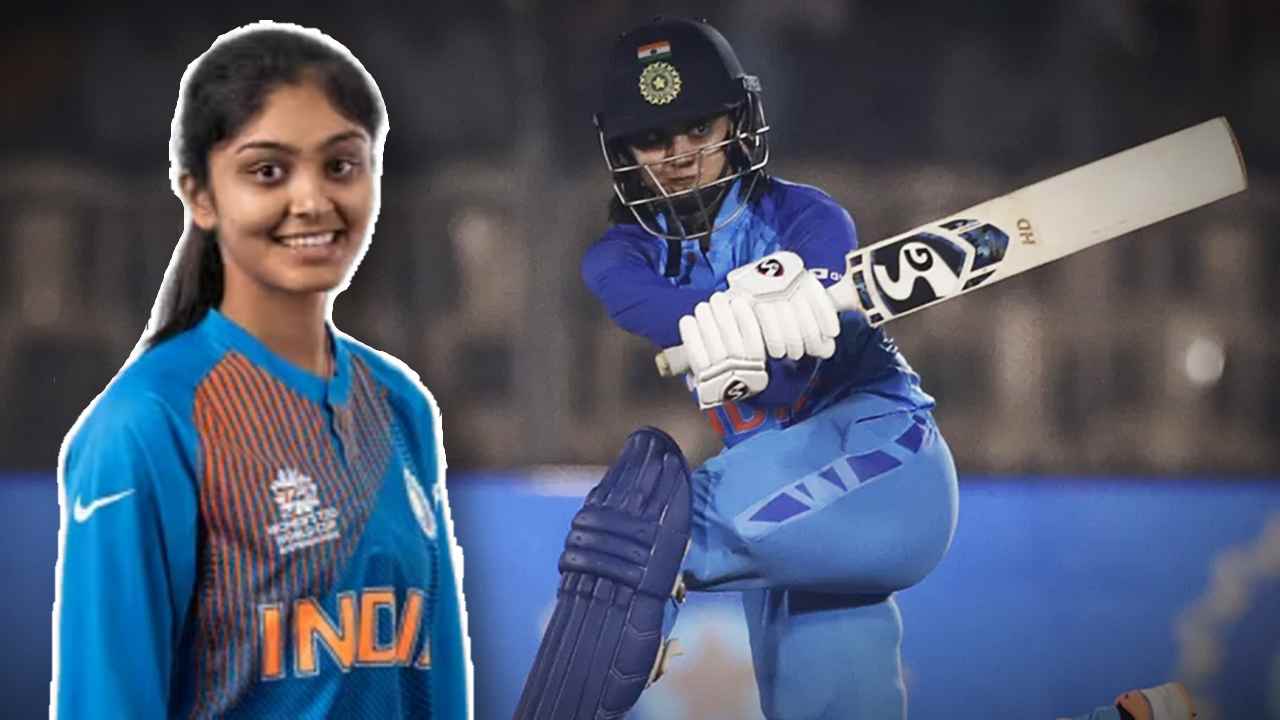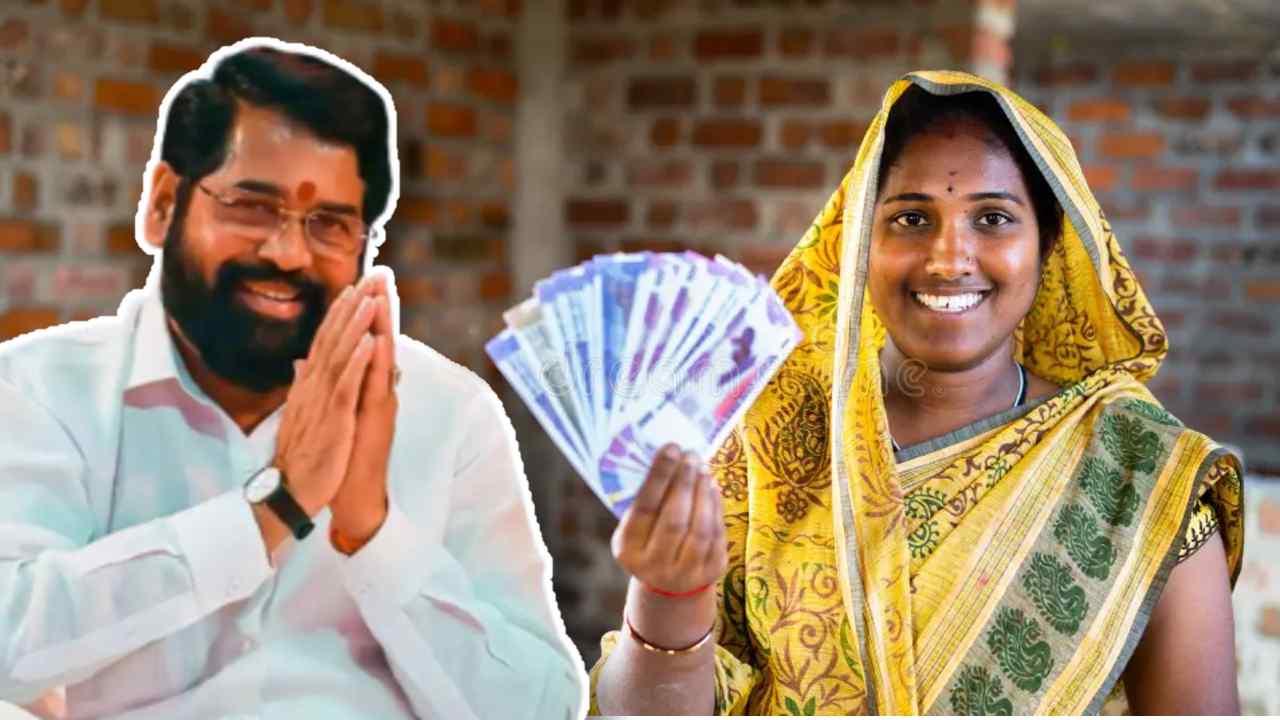Introduction
The Jivitputrika festival, celebrated primarily in Bihar, Jharkhand, and parts of Uttar Pradesh, is an annual event where mothers observe a fast for the well-being and longevity of their children. However, this year’s celebration has been overshadowed by a tragic incident in Bihar, where 43 individuals, including 37 children, lost their lives while partaking in holy bathing rituals. This article explores the recent calamity during the Jivitputrika festival, the cultural significance of the observance, and the historical roots of this deeply cherished tradition.
Tragic Incidents During the Jivitputrika Festival
On September 25, 2024, during the celebrations of Jivitputrika, a series of drowning incidents occurred across 15 districts in Bihar. The state government has confirmed the recovery of 43 bodies, with three additional individuals still missing. The unfortunate events transpired when devotees engaged in holy baths in rivers and ponds, a customary practice during the festival.
Government Response and Assistance
Bihar Chief Minister Nitish Kumar has announced an ex-gratia payment of Rs 4 lakh to the families of the deceased as a gesture of support during this difficult time. The Disaster Management Department has reported that search operations are ongoing to locate the missing individuals. So far, the families of eight of the deceased have begun to receive the government assistance.
Areas Affected
The drowning incidents were reported in various districts including East Champaran, West Champaran, Nalanda, Aurangabad, Kaimur, Buxar, Siwan, Rohtas, Saran, Patna, Vaishali, Muzaffarpur, Samastipur, Gopalganj, and Arwal. Each of these locations witnessed gatherings of devotees performing rites, which turned tragic.
Understanding Jivitputrika Vrat
The Jivitputrika Vrat is observed on the Ashtami Tithi of Krishna Paksha during the Ashwin month, marking a significant occasion in the Hindu calendar. This year, the festival was observed on September 25. Women fast throughout the day and night, forgoing food and water, symbolizing their dedication to the health and longevity of their children.
Historical Context
The origins of the Jivitputrika Vrat are intertwined with the transition from Dwapar Yuga to Kali Yuga, a mythological period marked by a decline in moral values. Mothers, in an act of devotion, aimed to prevent untimely death among their sons. In pursuit of guidance, they sought the sage Gautam, who narrated a tale of King Jimutavahana, known for his selflessness and bravery.
The Legend of King Jimutavahana
King Jimutavahana’s journey is filled with compassion. Upon hearing a mother’s grief over her child being devoured by the eagle Garuda, the king resolved to confront the mighty eagle. During their encounter, rather than immediately retaliating, Jimutavahana chose to remain calm and offered Garuda a choice of meal, thus impressing the eagle with his self-sacrifice.
Garuda’s Boon
Pleased by the king’s virtue, Garuda granted him a wish. Jimutavahana requested the return of the children already consumed by the eagle. In response, Garuda fetched the elixir of immortality and revived the lost children, marking the beginning of mothers observing the Jivitputrika Vrat in honor of this legend, praying for the safety and longevity of their offspring.
Conclusion
The Jivitputrika festival, while a celebration of maternal love and devotion, has been marred by sorrow this year due to the tragic incidents in Bihar. As the community mourns the loss of lives, it also comes together in resilience, reflecting the spirit of sacrifice and care that the festival embodies. Efforts to support the bereaved families and ensure safety during future celebrations are paramount to honor the legacy of Jivitputrika.












